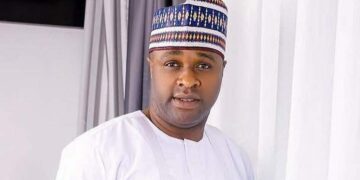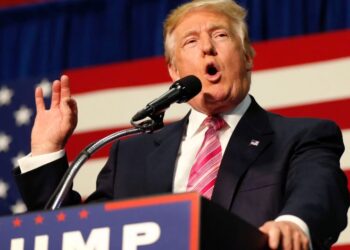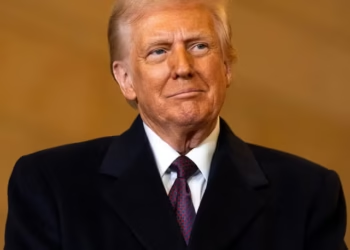
Recent actions by President Donald Trump’s administration have significantly impacted HIV/AIDS programs in African countries. On January 20, 2025, President Trump signed an executive order initiating a 90-day freeze on foreign aid spending, including critical health programs such as the President’s Emergency Plan for AIDS Relief (PEPFAR). This abrupt suspension has disrupted the supply of life-saving HIV medications and halted numerous prevention and treatment initiatives across the continent.
In response to the funding cuts, Nigerian lawmakers have approved an additional $200 million in the 2025 budget to support the health sector, aiming to offset the shortfall caused by the suspension of U.S. aid. This allocation is intended to procure vaccines and treatments for epidemic diseases, including HIV.
The freeze has also led to significant disruptions in countries like Zimbabwe, where USAID-funded HIV care services have been severely affected. Healthcare workers have lost their jobs, and essential services such as antiretroviral therapy, tuberculosis screening, and HIV testing have been halted, leaving vulnerable populations without necessary care.
While some life-saving programs like PEPFAR have received waivers to continue operations, the overall suspension of foreign aid has caused widespread confusion and logistical challenges. Medical supplies, including HIV drugs, are stranded in supply chains, risking spoilage and theft, and creating imminent shortages, especially in remote areas.
Critics argue that the administration’s actions reflect a desire to eliminate parts of the government it disfavors, leading to global instability and undermining public trust in science and health programs.



















